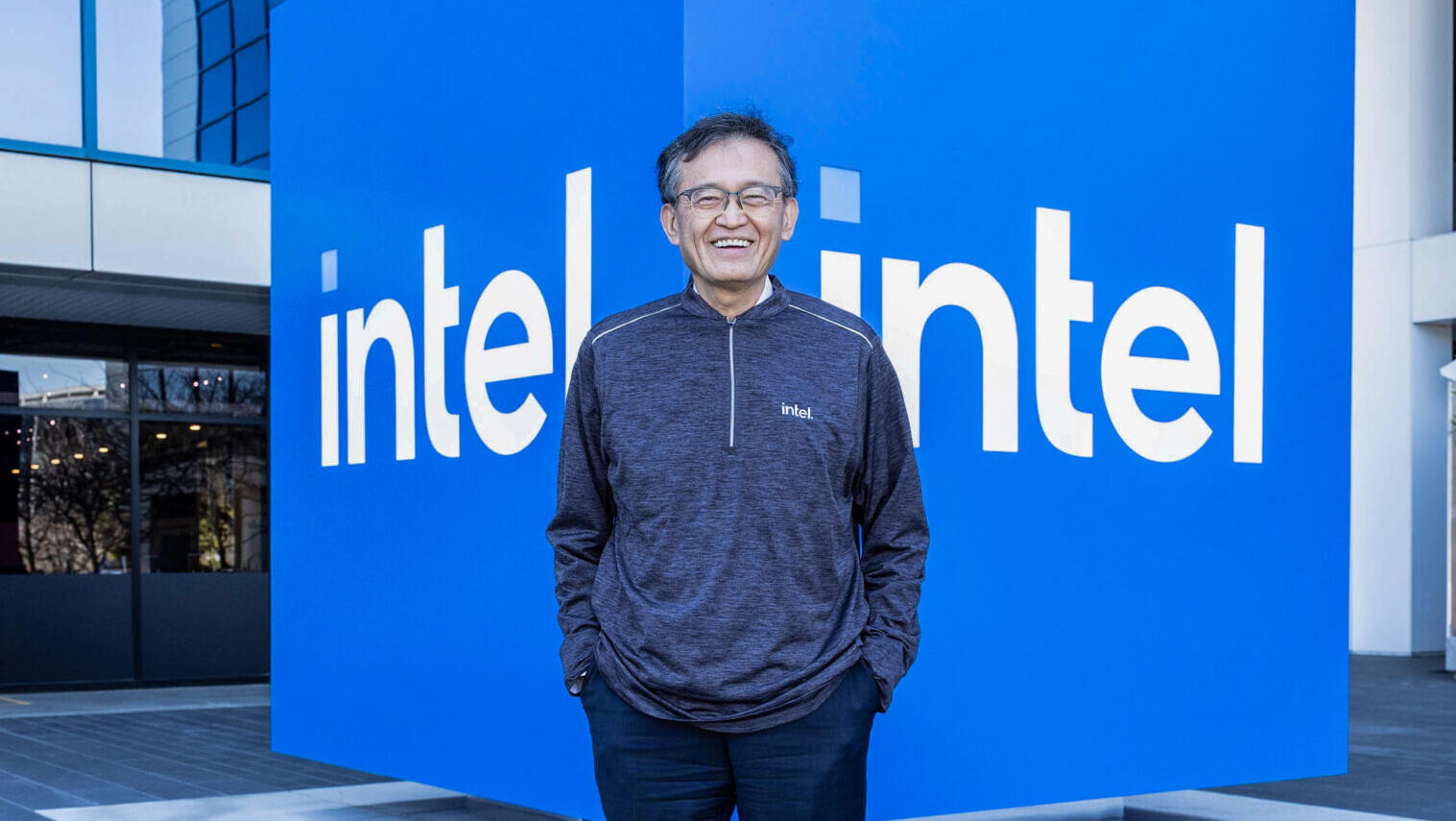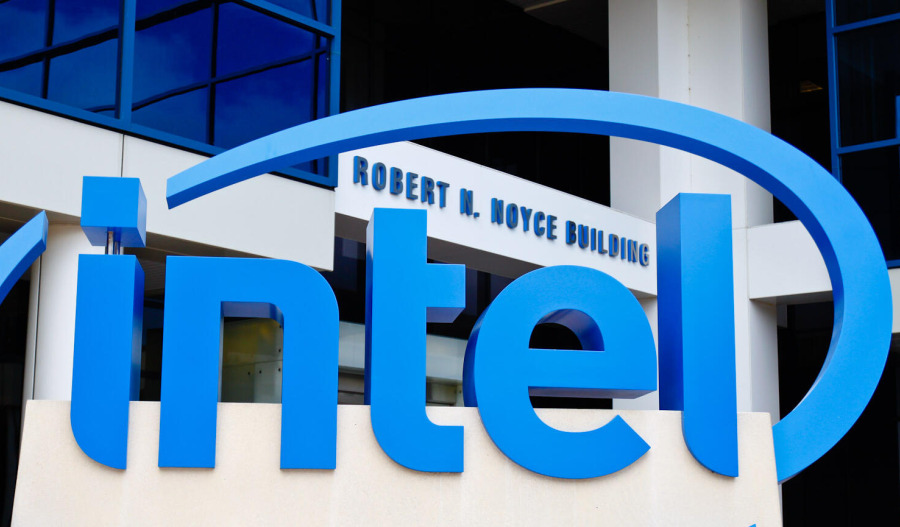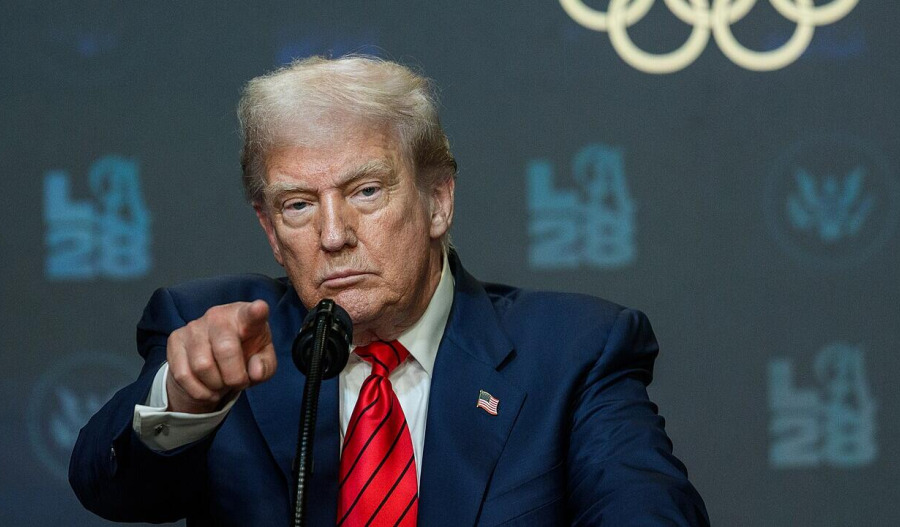The Trump administration is exploring converting Intel's CHIPS Act grants into equity, making Washington the chipmaker's largest shareholder with a stake worth roughly US$10.4 billion (A$16.02 billion), according to Bloomberg.
CHIPS Act funding distribution
The 2022 Creating Helpful Incentives to Produce Semiconductors (CHIPS) for America Act has allocated an eye-whopping $39 billion in manufacturing subsidies, and 25% investment tax credits to rebuild the United States' chip-making capacity.
The incentives have sparked over $630 billion in announced private sector investments across the semiconductor supply chain.
As part of the Trump administration's call to manufacture in-house, Intel secured $7.86 billion in grants for its $100 billion domestic expansion.
Foreign competitors have also received funding: TSMC's $6.6 billion for Arizona fabs, Samsung's $4.75 billion (reduced from $6.4 billion) for Texas facilities, and Micron's $6.1 billion for New York and Idaho plants.
Intel's struggles
Last year, Intel lost 60% of its value. The company has struggled to gain traction in AI and has yet to capture significant foundry customers - despite heavy investment.
To make matters worse, its CEO Lip-Bu Tan met with Trump at the White House after the president initially demanded his resignation over alleged China ties.
On August 7, Trump posted on Truth Social: "The CEO of INTEL is highly CONFLICTED and must resign, immediately. There is no other solution to this problem".
The demand followed Senator Tom Cotton's letter raising concerns about Tan's investments in hundreds of Chinese tech firms, including at least eight with ties to the Chinese military.
Criticism also referenced Tan's former role as CEO of Cadence Design Systems, which pleaded guilty and paid $140 million for violating export controls by selling chip design technology to a Chinese military university.
After meeting with Tan on August 11, Trump reversed course, calling Tan's "success and rise an amazing story" and announcing plans for his cabinet members to work with the Intel CEO.
The rationale is to secure America's national interests across the supply chains for new, innovative tech - especially in regard to the AI boom.
For instance, the U.S. accounts for just 10% of global commercial semiconductor production, with no advanced logic and memory chips manufactured at a commercial scale domestically.
It's not the first time the Trump administration has taken strategic stakes in companies.
The government recently took a "golden share" as part of U.S. Steel's foreign acquisition, and invested $400 million in domestic rare earths miner MP Materials.
SoftBank investment
While the U.S. government mulls its own equity stake, Japan's SoftBank has announced a $2 billion investment of its own into Intel.
CEO Masayoshi Son cited a belief in expanded U.S. semiconductor manufacturing as the reason for the move.
Under the investment agreement, SoftBank will pay $23 per share for Intel common stock, with Son stating that "semiconductors are the foundation of every industry" and that Intel has been "a trusted leader in innovation" for over 50 years.



